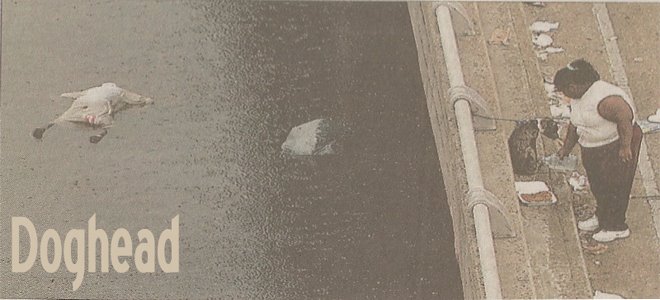
He is travelling towards his secret. Parasite or passenger, I am travelling there with him. It will be bad. It will be bad, and not intelligible. But I will know one thing about it (and at least the certainty brings comfort): I will know how bad the secret is. I will know the nature of the offence. Already I know this. I know that it is to do with trash and shit, and that it is wrong in time.
Tour is always great for reading. When packing for tour I always have a stack of books put to one side that I've been saving for long van rides and evenings sat behind merch tables. In a way it's one of the aspects I most look forward to about touring, like a week long toilet break where I can read away without getting cramp in my legs. As well as Time's Arrow I also managed Lynch on Lynch while away in Finland, but in true fashion I left the finished book on the plane.
Martin Amis is a national treasure, no doubt in my mind about that, just read Money and see for yourself. Since reading it for myself I've gone out of my way to pick up any Amis books I've come across, and in the process have made quite the collection for myself, mostly with hardbacks from second hand bookshops. I picked up Time's Arrow for example from Oxfam for a puny quid. The book itself is a hardback in pretty much good as new, the dust jacket is plastic wrapped and everything.
Anyway, onto the story. Amis throws you right into the deep end with this one. From the get go your in a strange situation, stuck inside a man's body, Tod, who's life appears to be moving backwards. It is a testament to Amis that the descriptions of this world are so clear and explicit. People reform food on their plates, trash collectors dump rubbish on the street, relationships start with a slap and tears and finish with flowers and flirting. Hospitals break and destroy people before throwing them out of hospital and dumping them in front of destroyed cars and house fires, which go on to rebuild them. So far so sci-fi. But Amis' unique sense of language and cynicism brings Time's Arrow into a league of its own:
People are free, then, they are generally free, then, are they? Well they don't look free. Tipping, staggering with croaked or choking voices, blundering backwards along lines seemingly already crossed, already mapped out. Oh, the disgusted look on women's faces as they step backwards through a doorway, out of the rain. Never watching where they are going, the people move through something prearranged, armed with lies. They're always looking forward to going places they've just come back from, or regretting doing things they haven't yet done. They say hello when they mean goodbye. Lords of lies and trash - all kings of crap and trash. Signs say No Littering - but who to? We wouldn't dream of it. Government does that, at night, with trucks; or
uniformed men come sadly at morning with their trolleys, dispensing our rubbish,
and shit for the dogs.
The endpoint in Time's Arrow, it's big reveal, is in essence the beginning of the whole story. While the timeline ebbs on, heading towards a terrible secret that is hinted at throughout, Amis has quite cleverly constructed in actual fact a straightforward plot development despite the at-first confusing pole reversal. Tod, as many might gather, is not as he seems, and bit by bit reveals to the reader what he has spent much of his life running from. The final third of the novel is sickening and tragic in equal measure, the unique flow of time within the story lending an other worldly quality to some of the worst moments in recent human history. There are a lot of important ideas held within Time's Arrow, principally a terrible sense of eventuality. Tod, for example, knows of the evil he has committed in the past, and it is inevitable within the path of the book that the reader eventually will too. It won't serve anyone to reveal how the story ends (or begins for that matter), but Amis' reflections on time and history, our interpretation of events, and the interpretations of the people that actually lived through these moments in history makes for truly engaging reading. Mind expanding, thought provoking literature without proving dense or high brow. I read Time's Arrow in a single 4 hour van journey and through about 3 support band sets, in a similar vein to Night Train, Time's Arrow is a brief flash of inspiration and thought, that is quick to read but lingers on in the days to follow.
There they go, to the day's work, with their heads bent back. I was puzzled at first but now I know why they do it, why they stretch their throats like that. They are looking for the souls of their mothers and their fathers, their women and their children, gathering in the heavens - awaiting human form, and union... The sky above the Vistula is full of stars. I can see them now. They no longer hurt my eyes.

No comments:
Post a Comment